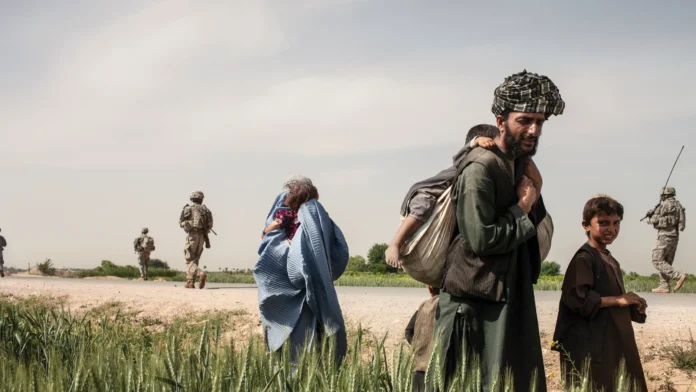Author: Dexter Filkins
Affiliation: Staff Writer
Organization/Publisher: The New Yorker
Date/Place: March 2021/USA
Type of Literature: Online Article
Word Count: 7,500
Link: https://www.newyorker.com/magazine/2021/03/08/last-exit-from-afghanistan
Keywords: Peace Deal, Security, U.S., NATO, Afghanistan.
Brief:
This article is based on first-hand information and narrations with the author from several peace negotiation committee members on both sides, the Taliban and Afghanistan, the US and the Afghanistan officials, and the Taliban soldiers from rural areas. The author attempts to provide an inner landscape to interpret the chaotic situation in Afghanistan. He starts his argument in relation to the security challenges, the peace talks and the US withdrawal from Afghanistan by narrating the security threat on Fawzia Koofi, the only female member of the peace negotiation committee and former parliament member. He considers Afghanistan as the most frustrating issue for Joe Biden. Despite billions of dollars “investment”, Afghanistan’s capital resembles a fragile state. But this financing of Afghan officials was highlighted and criticized by the Taliban at the negotiations, who told the Afghan officials that they “represented an illegitimate government, propped up by infidels and bankrolled by Western money.” The author quotes from his interview with President Ashraf Ghani and other senior US officials. To describe the Taliban deal with the US, Filkin quotes: “The Trump people were saying, ‘Fuck this—the Afghans are never going to make peace anyway. Besides, who cares whether they agree or not?’” He also quotes from Khairullah Khairkhwa, a Taliban founder and negotiator, to show the Taliban’s understanding and reaction to US withdrawal: “We defeated the Americans on the battlefield.” The author highlights the geographical and fiscal problems of Afghanistan, where 75% of its federal budget is paid by the international community; the US alone pays four billion dollars a year for its security forces. The country is tired of security forces controlling the cities, and the Taliban the districts and villages.
By: Abdullah Jurat, CIGA Senior Research Associate




